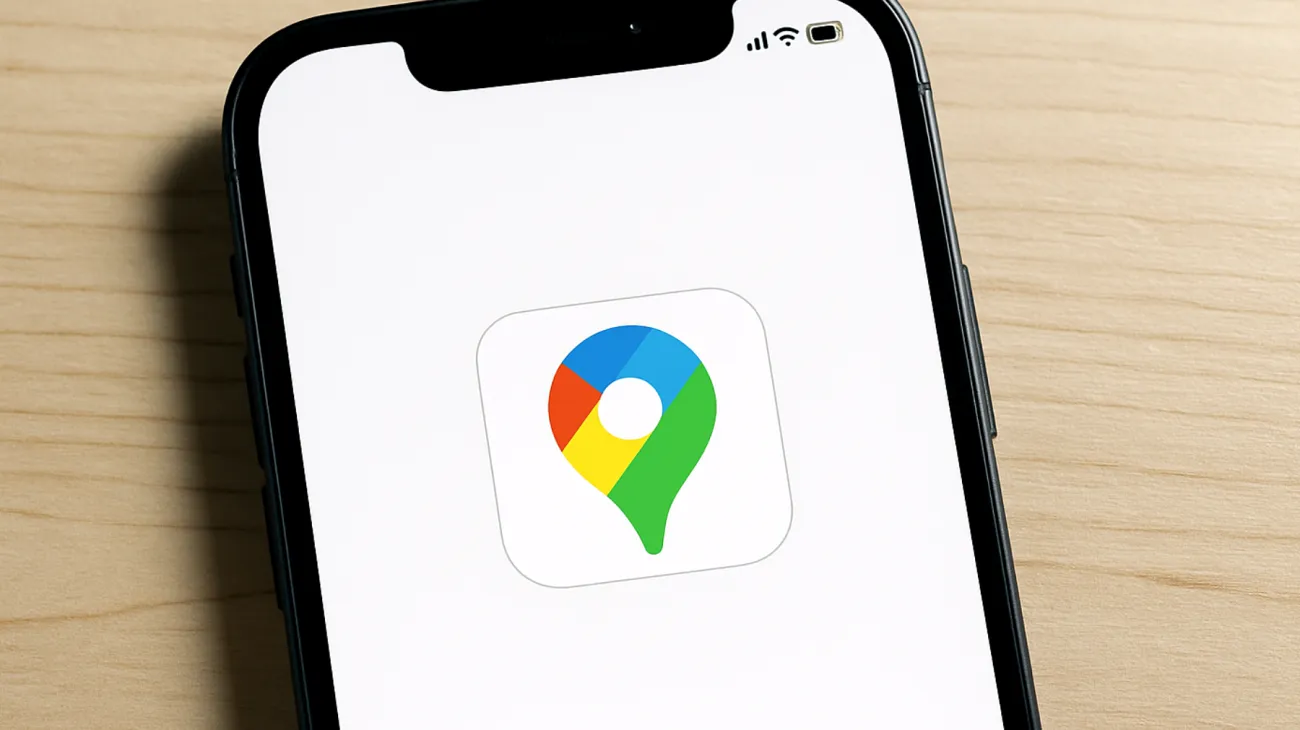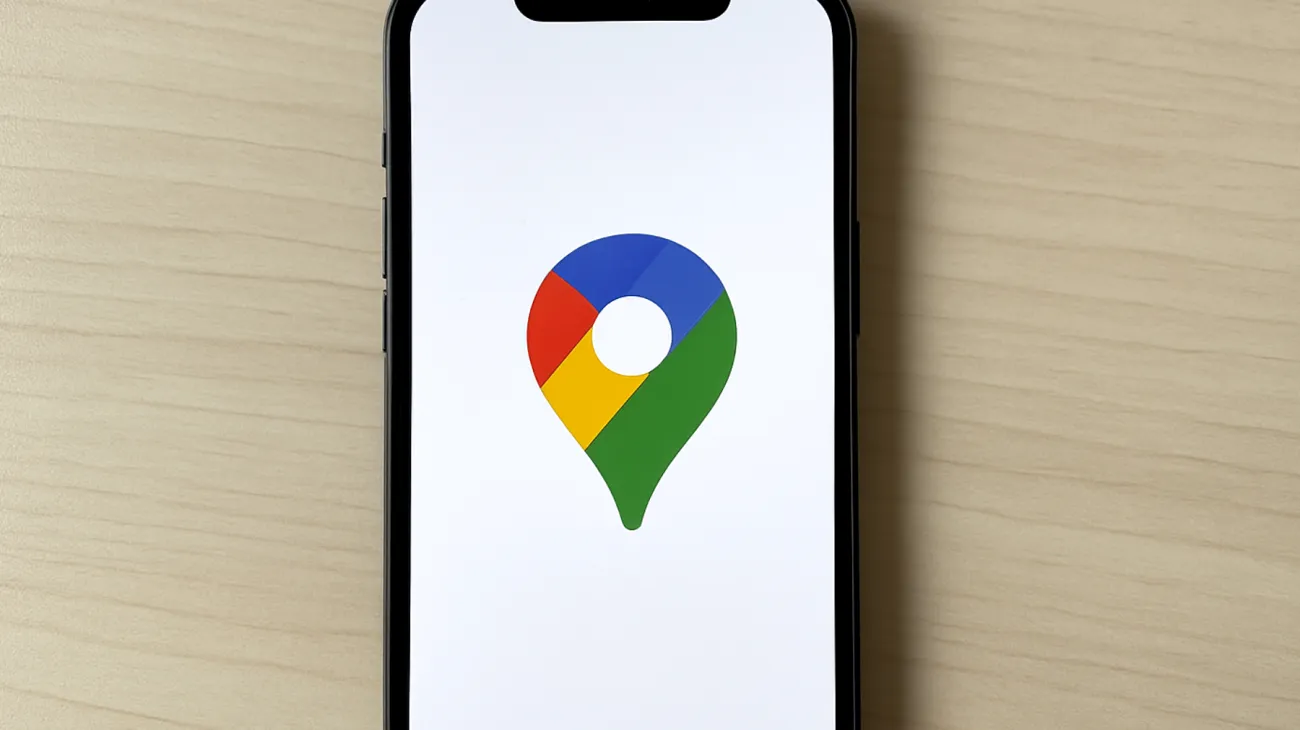Every day, thousands of UAE residents rely on Google Maps to navigate Dubai’s ever-changing skyline or find the fastest route through Abu Dhabi’s expanding road network. Yet surprisingly, many users consistently postpone updating this critical app, unknowingly sabotaging their own navigation experience. This seemingly harmless procrastination creates a cascade of problems that could easily be avoided with a simple tap.
The Hidden Cost of Outdated Navigation
When you delay Google Maps updates, you’re essentially driving with yesterday’s information in tomorrow’s world. The UAE’s rapid infrastructure development means new roads, modified intersections, and updated traffic patterns emerge monthly. An outdated Maps version lacks these crucial geographical refinements, leading to inaccurate routing that wastes both time and fuel.
Consider the recent completion of major highway extensions in Dubai or the new connector roads in Sharjah. Users running older app versions often find themselves directed to non-existent exits or guided through unnecessarily congested routes because their Maps database lacks current road information. Google Maps benefits from a community of 120 million Local Guides who contribute more than 20 million pieces of information daily to keep the platform current.
Performance Issues That Drain More Than Your Patience
Postponing updates doesn’t just affect accuracy—it severely impacts your device’s performance and battery life. Older Google Maps versions contain unresolved bugs that cause excessive CPU usage, GPS polling errors, and memory leaks. These technical flaws create numerous frustrating experiences that leave users questioning their device’s capabilities rather than recognizing the simple solution.
Rapid battery drainage during navigation sessions represents one of the most common complaints among users running outdated versions. The inefficient code in older releases forces your device to work harder, consuming precious battery power that could otherwise last throughout your entire journey across the Emirates.
Many users attribute sluggish app responses, frequent crashes during critical navigation moments, and inaccurate GPS positioning to their device’s age or network connectivity, never realizing that a simple update could restore optimal functionality. Google Maps uses approximately 5MB of data per hour during navigation, but outdated versions may consume significantly more due to inefficient processing.
Missing Essential Features for UAE Navigation
Google regularly introduces region-specific improvements tailored to Middle Eastern users. Recent updates have included enhanced Arabic language support, better integration with local business listings, and improved recognition of UAE-specific address formats. The platform now supports 40 languages and is offered in more than 220 countries and territories. By skipping updates, you’re missing features specifically designed to enhance your navigation experience in the Emirates.
Advanced lane guidance, real-time construction updates, and enhanced satellite imagery are frequently added through app updates. These features prove particularly valuable when navigating complex interchanges like the Sheikh Zayed Road system or finding specific building entrances in Dubai’s densely packed commercial districts.

Real-Time Data Accuracy
Updated versions communicate more effectively with Google’s servers, ensuring you receive the most current traffic information, incident reports, and route optimizations. Google Maps’ estimated time of arrival is accurate for 97% of cases, but this accuracy depends on having the latest algorithmic improvements. This server-app synchronization becomes crucial during peak hours or special events that significantly impact UAE traffic patterns.
With over 1 billion people using Google Maps monthly and more than 1 billion kilometers driven daily with the platform, the vast amount of real-time data requires the latest app version to process effectively.
Security Risks You Cannot Ignore
Beyond functionality, security vulnerabilities in outdated versions pose genuine risks to your personal information and device integrity. Older Google Maps versions may contain unpatched security holes that could compromise your location data or expose your device to malicious attacks.
Cybersecurity threats evolve constantly, and app developers continuously patch newly discovered vulnerabilities. Running an outdated version essentially leaves your digital doors unlocked, creating unnecessary exposure to potential privacy breaches or data theft. Given the sensitive nature of location tracking and the personal information stored on your device, maintaining current security protocols through regular updates becomes essential.
Optimizing Your Update Strategy
Rather than manually checking for updates, enable automatic updates for Google Maps through your device’s app store settings. This ensures you receive critical improvements without conscious effort while avoiding the accumulated problems of long-delayed updates.
For users concerned about data usage, schedule automatic updates to occur only when connected to Wi-Fi. With the UAE having extensive connectivity infrastructure, most residents have reliable internet options at home or work, making this approach both practical and economical.
Immediate Benefits You’ll Experience
After updating to the latest Google Maps version, users typically experience noticeably faster app loading times, more accurate GPS positioning, and improved battery efficiency during navigation. The enhanced performance becomes particularly apparent during demanding tasks like simultaneous navigation and real-time traffic monitoring.
Your navigation experience transforms from frustratingly unreliable to consistently dependable—exactly what you need when exploring new areas across the seven Emirates or simply commuting through familiar yet ever-evolving urban landscapes. The difference becomes most noticeable during those crucial moments when you need precise directions to reach an important destination on time.
The next time that update notification appears, resist the urge to dismiss it. Those few megabytes of data contain solutions to problems you didn’t even realize were affecting your daily navigation experience, plus security patches that protect your personal information and enhanced features designed specifically for UAE users.
Table of Contents

